2025. Strange, isn’t it? Feels like it crept in quietly while we were busy sorting out the leftovers of 2024. Does it feel like 2025 to you? Probably not. If I were to gather a list of random musings from a group of random people, I bet the one common thread would be this: time is flying by.
I doubt I’d find anyone saying otherwise—or maybe I would, but only if I looked in places where life still feels slow and deliberate. Maybe a remote village tucked away from the chaos of connectivity, or in the life of someone who still writes letters and emails instead of social media posts. But even if I found them, their pace wouldn’t change the fact that, for most of us, time seems to be in a mad rush.
It’s funny, though. If I stop and think about it, it’s only been six months since I finished grad school. Just 2.5 years since I graduated from college. Yet somehow, it feels like lifetimes ago. Whole eras compressed into fleeting moments. And yet, in those moments, I’ve learned to tell myself—slow down. One step at a time. Breathe. Explore the world with the people you care about. Let things fall into place instead of forcing them. Grab a coffee. Watch the sunset. Open that book you’ve been promising yourself you’d finish.
Speaking of books, let’s talk about wrapped notifications. Ah yes, that yearly tradition where every app reminds you of your habits (or lack thereof). Of all the trendy “wrapped” notifications I received, Goodreads Wrapped hit the hardest. A not-so-gentle reminder of how many books I managed to finish, how many I abandoned halfway, and how few reviews I posted despite my promises to “write more consistently.” It’s like a report card for the intellectuality I pretend to embody. But hey, I’m not ashamed. Books are companions, not deadlines. Some you click with instantly, others take effort, and a few—you part ways with, realizing they weren’t the stories you needed at that time. So here’s my reality check: the books I actually finished this year. (And yes, we’re graciously ignoring the ones I abandoned halfway.)
You would probably be making your new year resolutions to change your habits right now. This book by Morgan Housel focuses on the ideas that will stay the same, no matter what the date is. Hanging by a thread, Best story wins, and Incentives – these are just three lessons that will always stay the same because they are like the ABCs of how life works. It's like saying, no matter how much time passes, these ideas will still be true because they are the basic truths of how things are. Make sure some of your resolutions wrap around these lessons.
Karm Yoga by Swami Vivekananda Ji left a deep impression on me, especially the chapter on the duties of a householder. It reframed how I view everyday responsibilities—not as burdens, but as opportunities for spiritual growth. Vivekananda’s perspective on balancing worldly duties with inner detachment felt incredibly practical and relatable. He emphasizes that true spirituality isn’t about renouncing life but embracing it fully, with a sense of purpose and service. It’s a reminder that even the simplest actions, done with sincerity and selflessness, can lead to something profound.
Chip Wars hit close to home for me, showcasing how semiconductors shaped the modern world, from the Cold War to today’s tech race. It’s fascinating to see how companies like Intel and TSMC emerged as industry giants, while the pandemic exposed just how fragile our dependence on chips really is. The book weaves together history, innovation, and geopolitics, making me reflect on how something so small—just 0s and 1s—can wield such massive power in shaping our lives.
This felt like a mirror held up to the intricacies of relationships, reflecting emotions we often feel but rarely articulate. What struck me most was how he dissects the small, overlooked moments in a relationship and connects them to larger truths about human nature. It’s not just a book about love but about understanding ourselves through the lens of connection, vulnerability, and longing.
Howard Schultz offers an insightful look into Starbucks’ resurgence during a challenging period. Schultz narrates how innovation, customer-centric strategies, and social responsibility helped rejuvenate the brand amidst the 2008 financial crisis. From introducing loyalty programs and addressing customer feedback to embracing sustainability and global social initiatives, Starbucks’ journey is truly inspiring. It’s sad to see Starbucks exiting the Indian market though.
It’s a book that makes you marvel at the universe while also reminding you how lucky we are to be a part of it—no matter how small our role might be. Bill Bryson is like that brilliant funny friend who also happens to know everything about, well, everything.
This book is a treasure trove of timeless insights. Framed as a conversation between a seeker, a librarian, Warren Buffett, and Charlie Munger, the book distills life lessons on health, wealth, and decision-making. What makes it stand out is its simplicity—each idea is like a guidepost for living a thoughtful and deliberate life.
This book was a refreshing dive into what it truly means to think differently and make an impact. Grant brilliantly dismantles the myths around originality and shows how unconventional thinking can drive change. What stuck with me most was his take on procrastination—it’s not always a bad thing but a way to let ideas simmer and evolve. His insights on balancing novelty with familiarity, avoiding groupthink, and fostering open discussions at work were equally eye-opening. It’s not just a book about being creative; it’s about embracing the messy, uncertain process that leads to genuine innovation.
The book explores how glucose spikes affect our health, energy, and mood, offering simple yet effective hacks to control them. One of my favorite tips is starting meals with a salad to flatten the spike, along with taking a vinegar shot before or with meals. She also stresses the importance of eating in a specific order—greens first, then protein, and finishing with carbs. After just two weeks of following these small changes, I’ve noticed more stable energy levels and fewer mid-afternoon crashes. Jessie’s approach is practical and easy to incorporate, making this book a must-read for anyone looking to improve their overall health and daily well-being.
As we stand at the edge of another year, I remind myself that the rush of time isn’t an enemy to beat—it’s a rhythm to dance to. And part of that dance is making time for what matters—books, people, sunsets, or simply the joy of doing nothing.
So here’s to a 2025 that feels a little slower, a little more intentional, and a little more alive. Let’s make it count. Happy New Year!

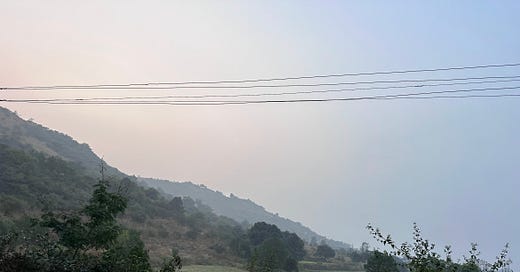



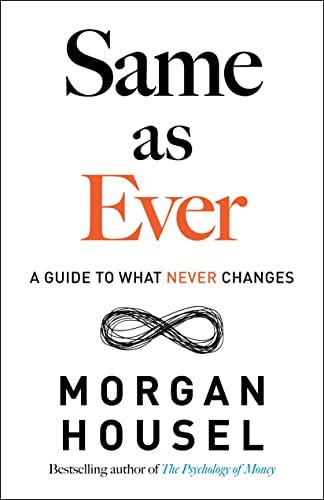

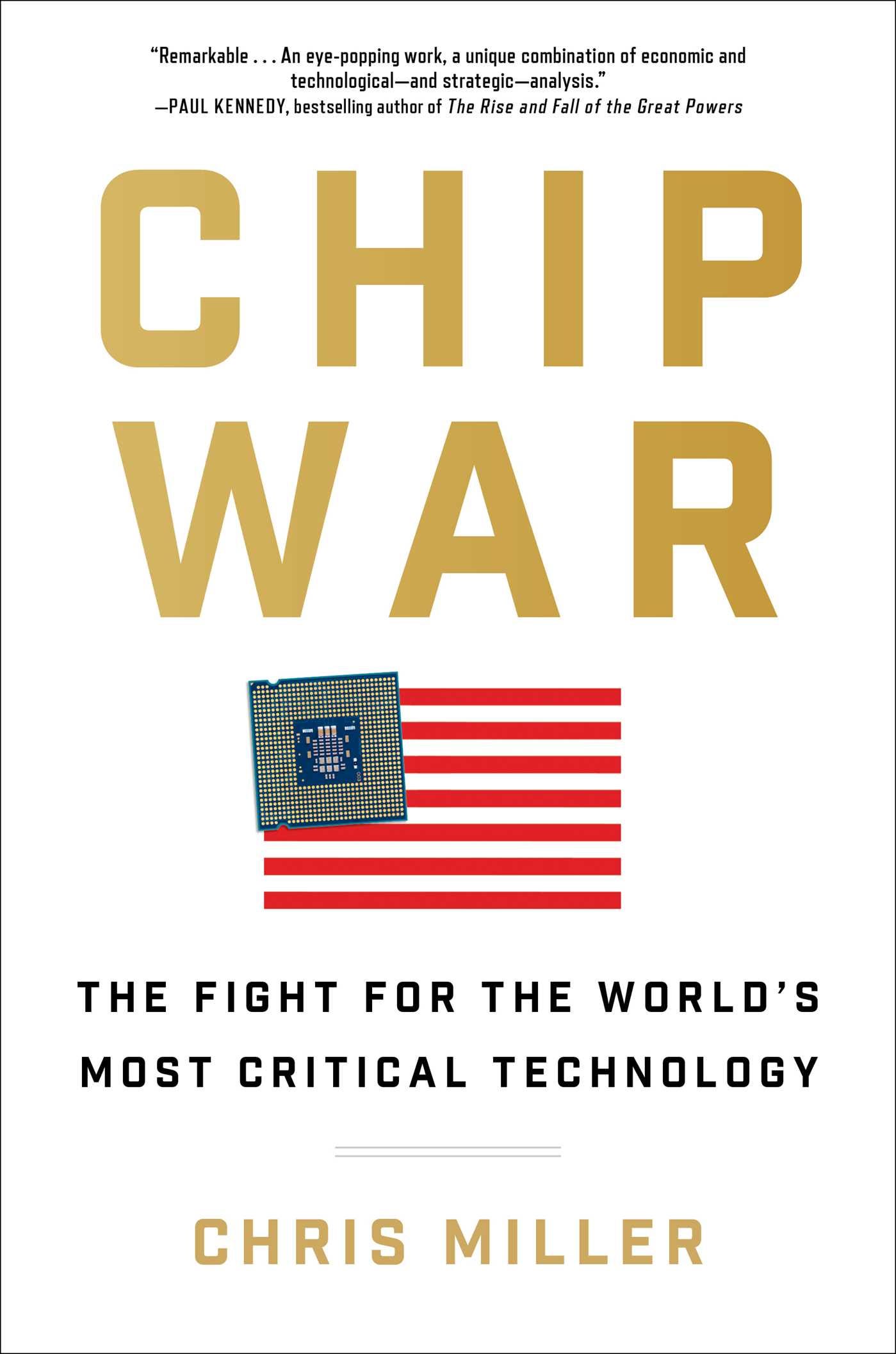

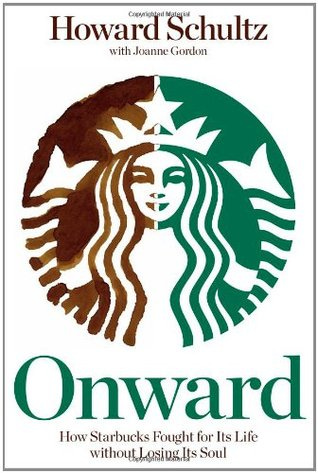
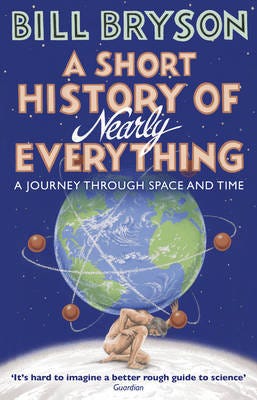
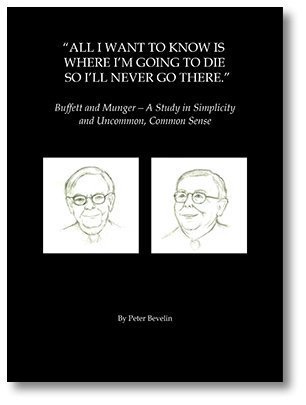
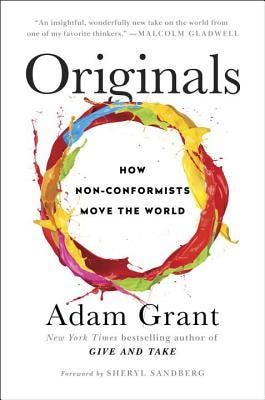
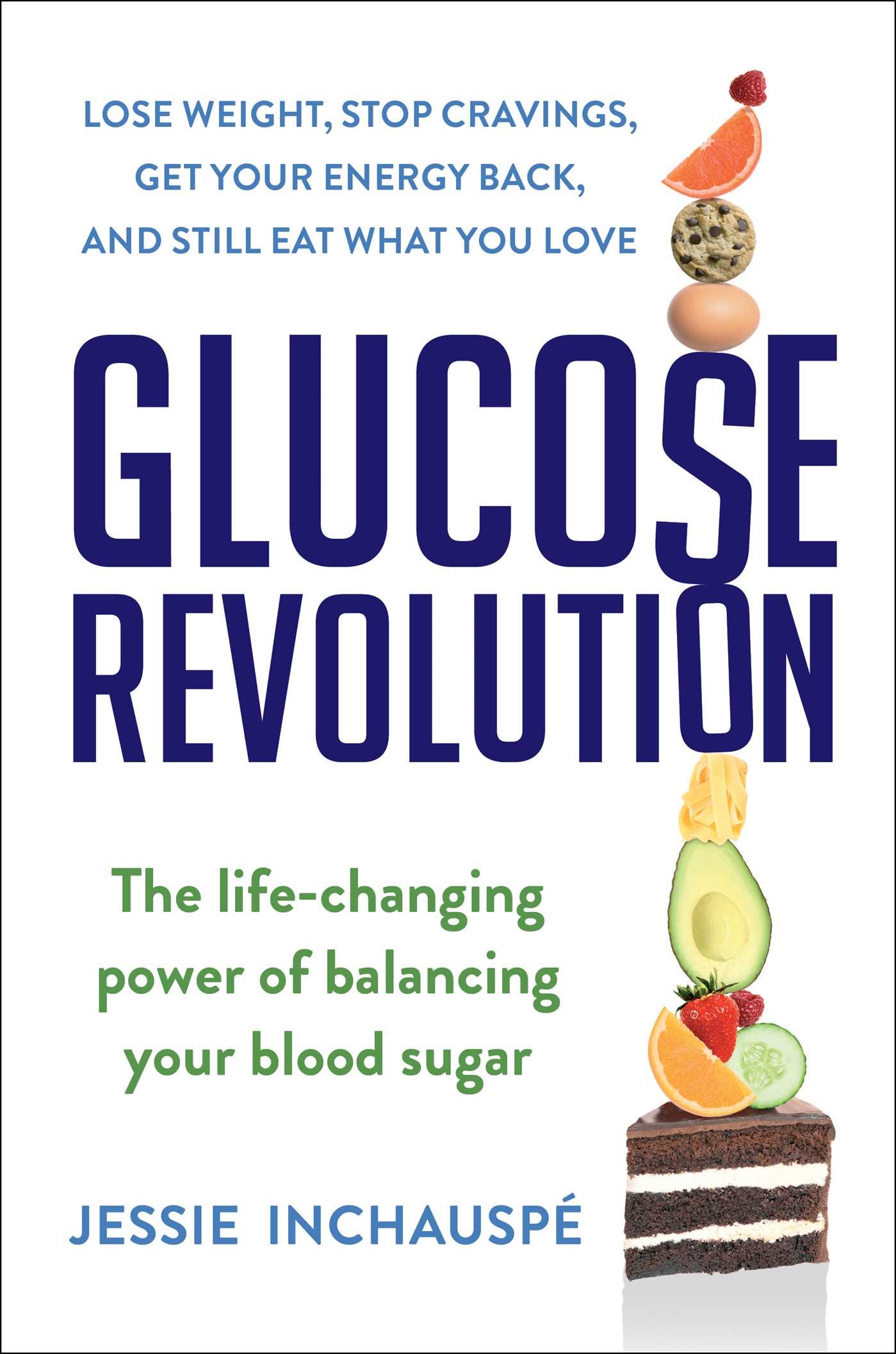
So beautiful!
Loved and admire your passion ❤️
Blessings 🙌